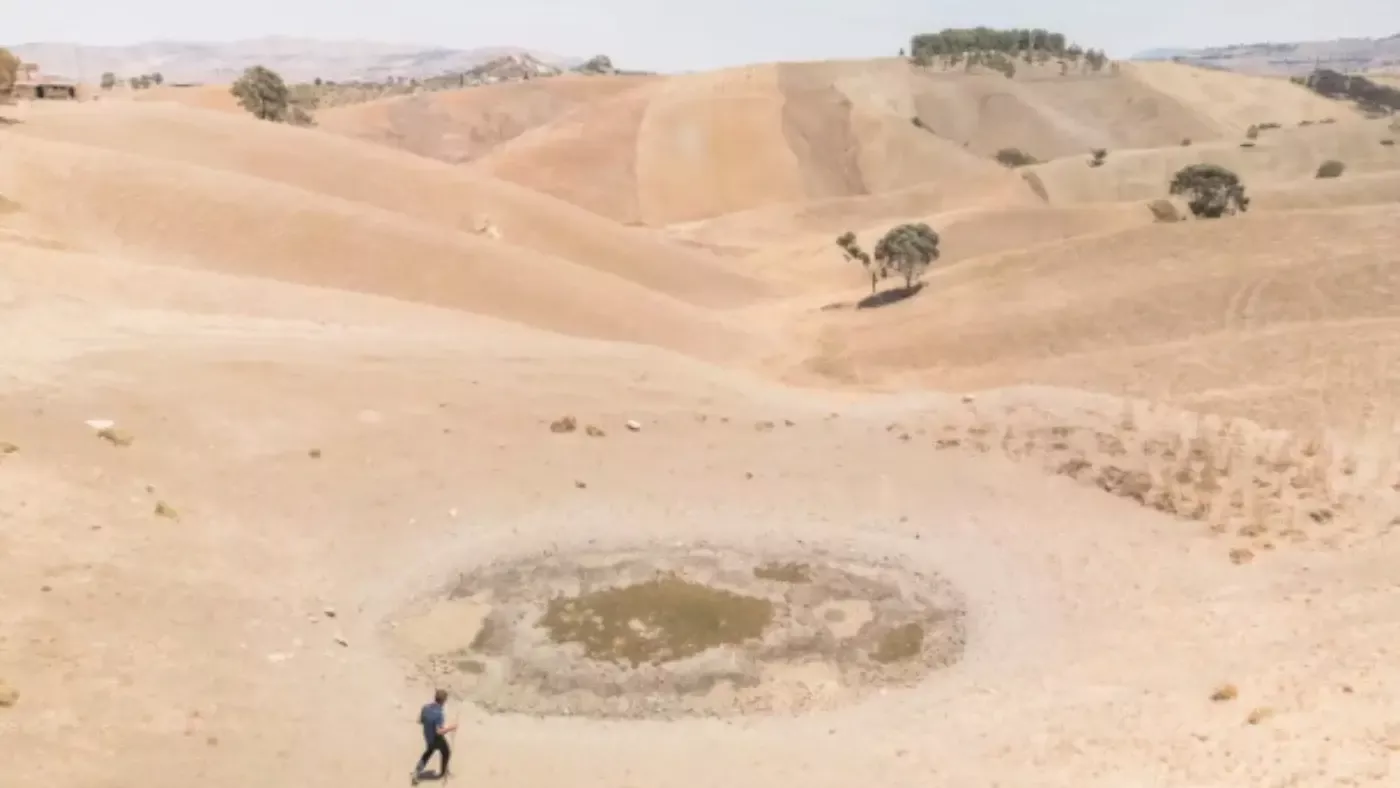
In recent years, climate change and global warming have seriously impacted the natural resources of our planet. According to research conducted by scientists at the University of Melbourne in Australia, freshwater resources have sharply decreased over the last 20 years.
Decrease in Water and Its Causes
Research conducted by hydrology professor Dongriol Ryu and his co-author Ki-Von So indicates that global warming has significantly reduced the amount of water in soil, lakes, rivers, and snowpack.
The most concerning fact is that in the last 20 years, the soil moisture on Earth has decreased by more than 2000 gigatons. This is twice as much as the ice loss that occurred in Greenland from 2002 to 2006.
Risk of Drought and Flooding
Climate change is increasing not only the risk of water scarcity but also the risks of rainfall and flooding. Experts emphasize that:
- Drought events that used to occur once every ten years are now happening much more frequently.
- Even if heavy rains are observed after a drought, the groundwater reserves do not recover due to reduced soil elasticity.
- Events such as rising sea levels and the shifting of the Earth's poles are directly related to global warming.
What Measures Should Be Taken Against Climate Change?
According to Dongriol Ryu, humanity needs to reconsider how it uses water resources to preserve water reserves. This means:
- Implementing water-saving technologies in agriculture.
- Protecting freshwater sources and developing clean water recycling.
- Taking measures to reduce water consumption in large cities.
Earth Tremors – Nature's "Electrocardiogram"
The research also confirmed that slight tremors in the Earth's rotation are related to the moisture levels on the planet. Professor Luis Samaniyego from Potsdam University referred to this phenomenon as the planet's electrocardiogram. According to him, being indifferent to these changes is akin to neglecting health issues.
The decrease in freshwater reserves poses a serious threat to the entire world. If humanity does not take reasonable measures to use water wisely, in the near future, water scarcity could significantly impact not only agriculture but also the overall global economy and living conditions of the population.
Combating climate change and using water resources efficiently should become one of humanity's primary tasks.